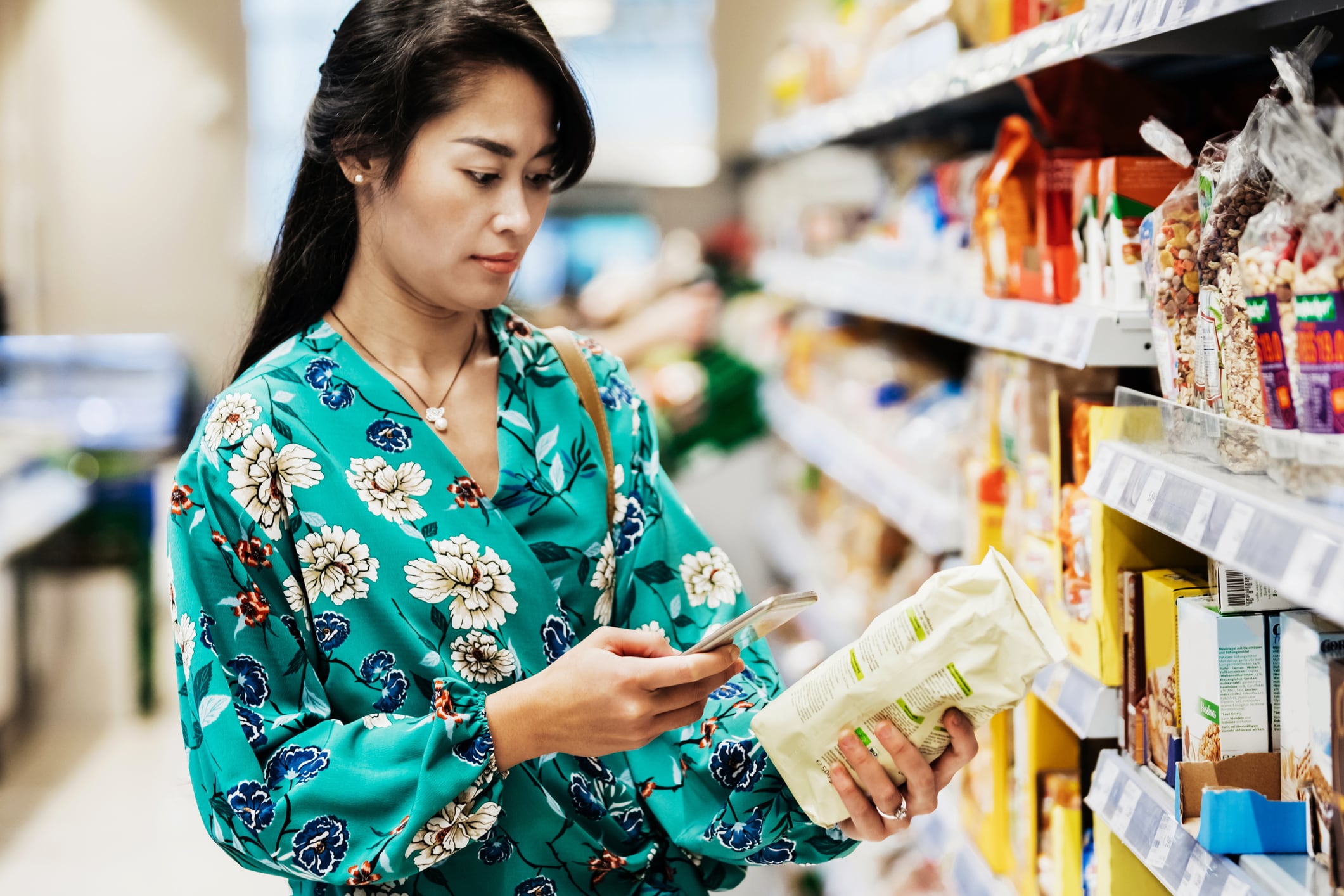
Transparency demanded as trust in food system declines
Consumers want specific kinds of information about their food
News & Analysis on Food & Beverage Development & Technology

Consumers want specific kinds of information about their food

The confectionery market is entering a new growth phase, driven by evolving consumer preferences, seasonal demand, and innovation in non-chocolate formats

Brain food is booming. As consumers seek sharper focus and long-term cognitive health, the food industry is responding with powerful ingredients and smarter nutrition
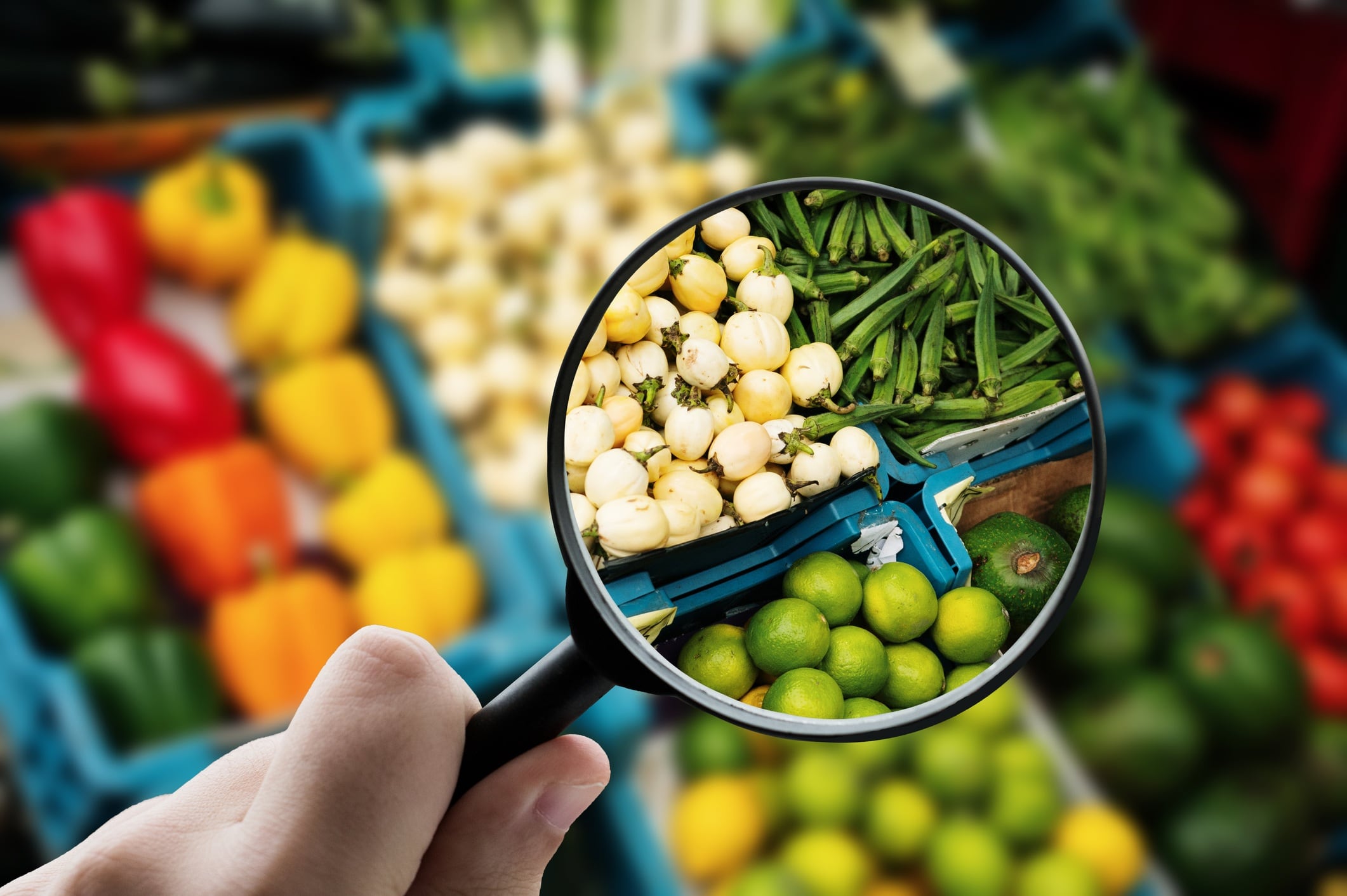
The discovery of ‘nutritional dark matter’ is unlocking new paths for smarter food innovation, targeted health benefits, and precision nutrition
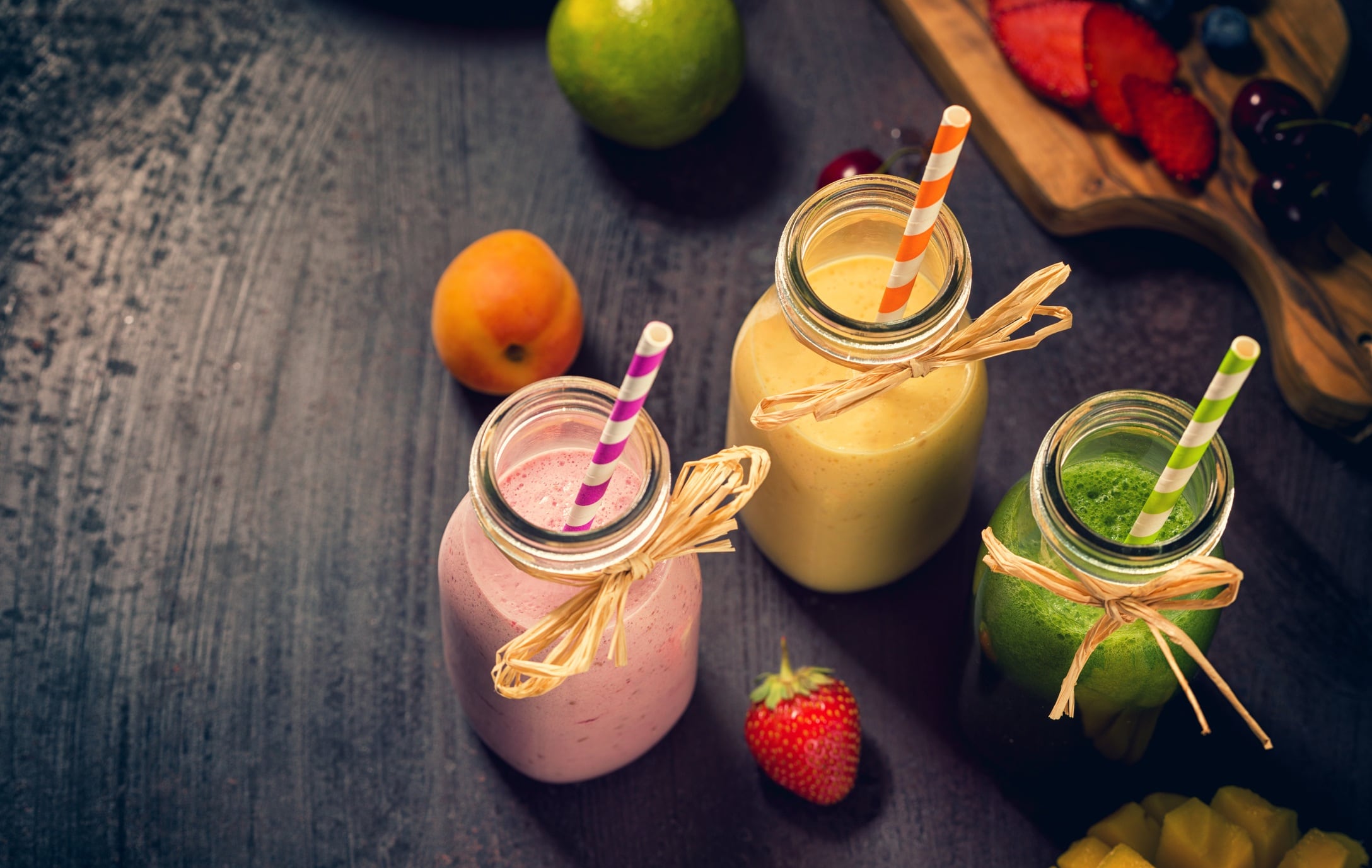
The functional drinks market is booming, with health and wellness powering growth
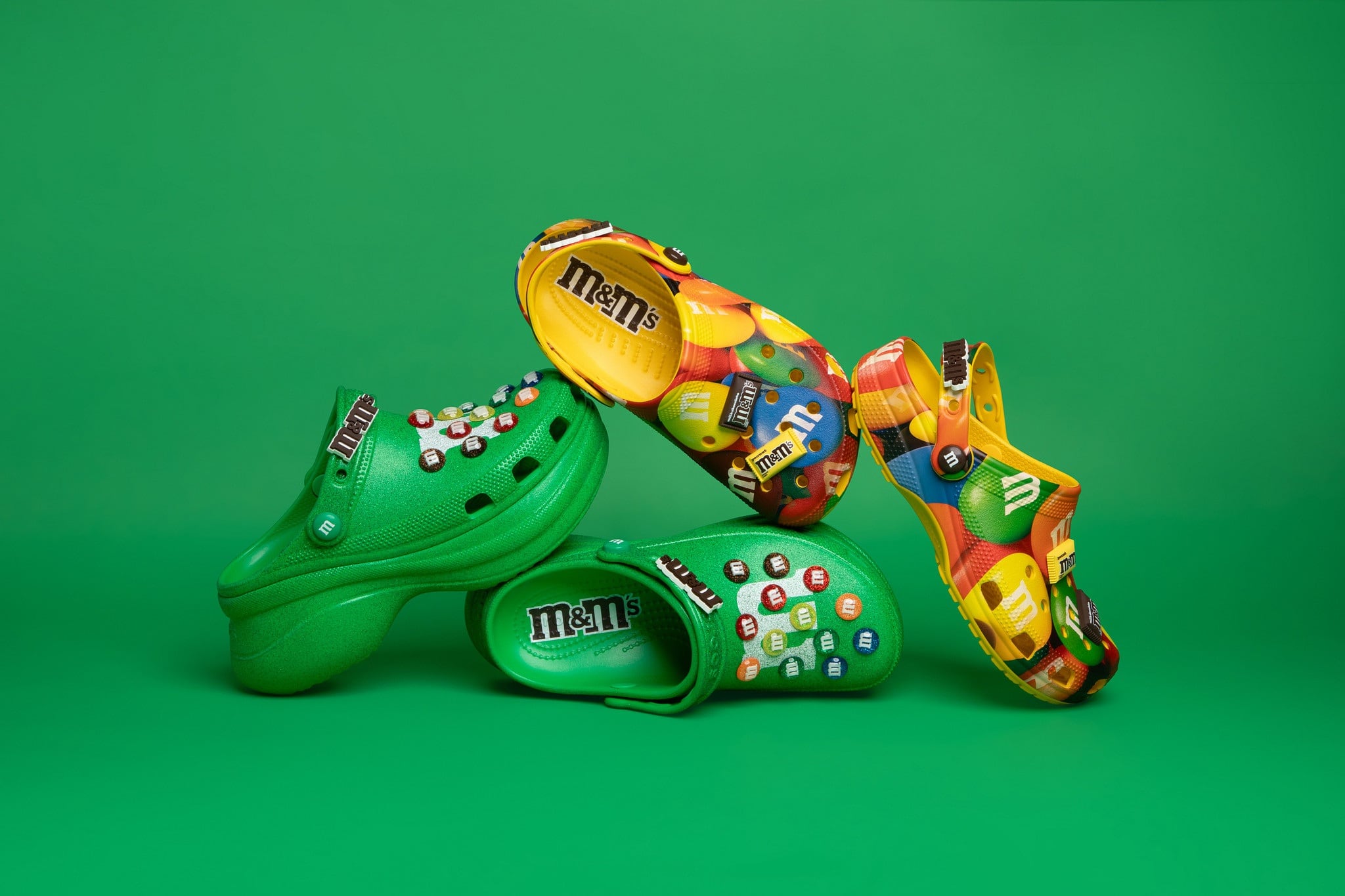
Top trends driving innovation in confectionery include personalisation, premiumisation, and ultra-limited editions

Are ultra-processed foods really the enemy?

Chewing gum might be small, but its plastic content is causing big concerns. With mounting regulatory pressure and rising consumer demand for change, manufacturers are being urged to rethink their formulations

From Kraft Heinz’s split to Mars and Kellanova’s mega-merger, the world’s biggest food brands are reshaping the industry

Once a weight-loss juggernaut, the high-fat, low-carb keto diet is losing consumer interest

From timeless favourites to viral treats, discover how price, innovation, and better-for-you options are reshaping the confectionery aisle

Functional confectionery is booming. Find out which ingredients are driving the trend

Snacks are surging, alcohol is slipping, and flavour is king. Discover the biggest consumer shifts in food and drink in 2025

Consumers are turning away from sweeteners amid rising health concerns and distrust. What does this mean for the future of food and beverage?

As consumer priorities shift, food and beverage businesses must adapt fast to survive

M&M’s, Skittles, and Starburst will ditch artificial colours, but not every product is making the switch
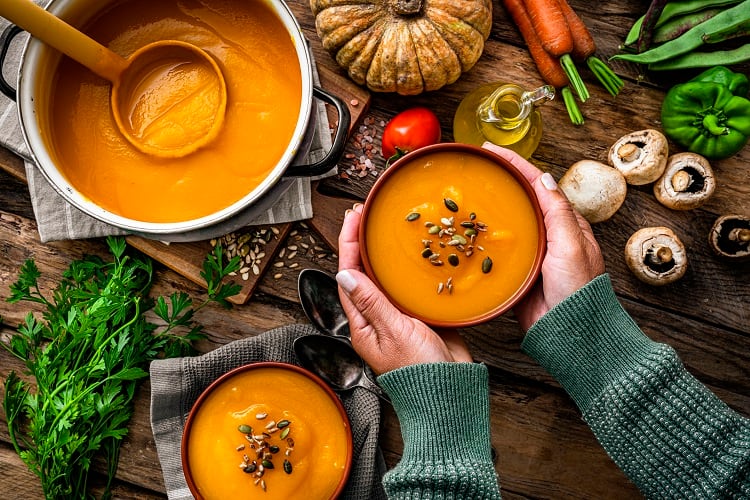
Bold flavours, indulgence, flexitarianism, and wellness are reshaping consumer demand as 2025 draws to a close

Consumers continue to eat ultra-processed foods, and awareness remains low

Demand for bakery products, like many other foods, is becoming more dependent on their functional health benefits

Gut health market shows no signs of slowing as consumer interest proves unstoppable

To align or not to align - that is the question that the UK’s asking about its food standards

The new Clean Food Consumerism scale aims to reflect why consumers buy ‘natural’ foods

The food and beverage industry is dominated by diets that drive sales and fuel new product development. We look at the most popular

‘Food as medicine’ is big and growing fast. But what’s next for this major player in food and beverage?

The foundation is developing its own food processing guidelines

Organic foods and beverage are becoming increasingly popular with sales rising globally. So, what’s fuelling this growth and what’s next for organic?
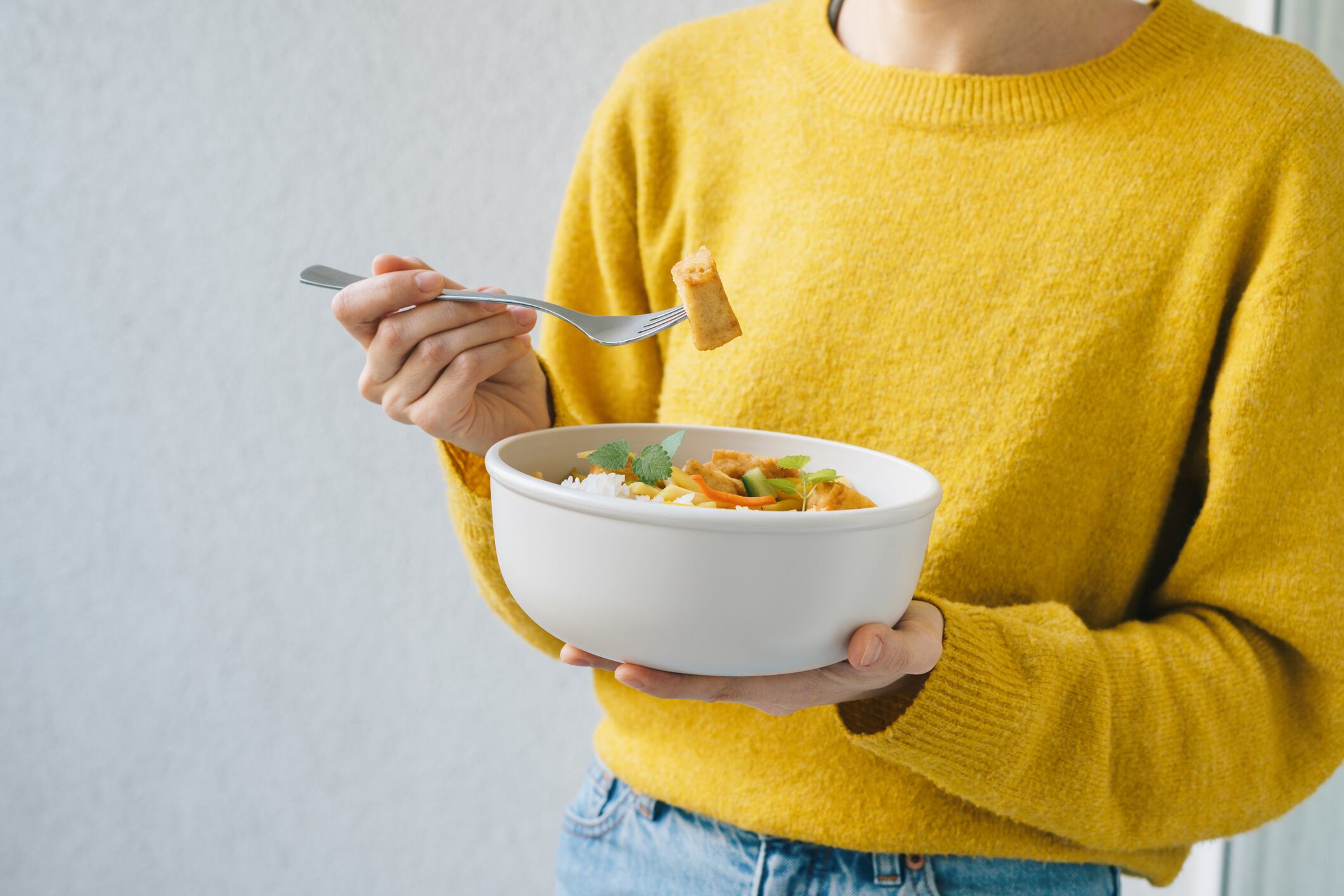
Fast-growing The Tofoo Co is a big-name brand in the plant-based protein market, but the business is eyeing further growth.

As scores of start-ups compete to develop the perfect meat alternative, are consumers turning back to animal meat?
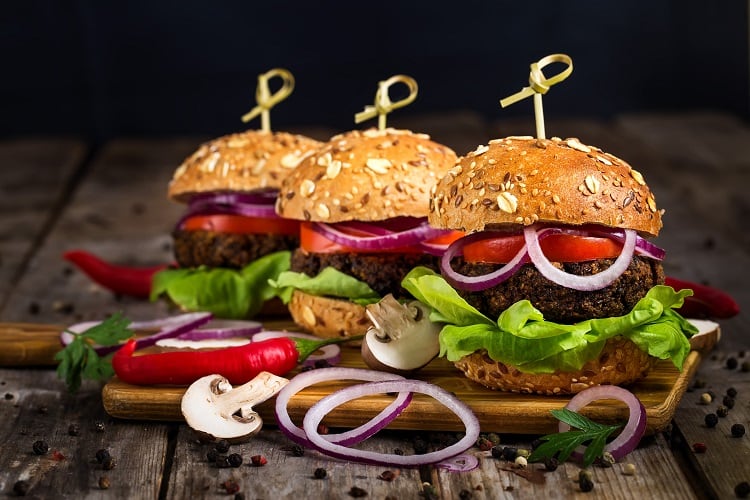
Plant-based diets remain popular, but associations with UPF and low-quality ingredients has shaken consumer trust in alt meat, fish and dairy brands. So, what can the sector do to restore public opinion?

Consumers are turning away from fancy foods in favour of more hearty meals. So, what’s sparked this new trend and what does it mean for the industry?

A family-owned natural colours, flavours and extracts business supplying global food and drink manufacture has secured a £9m investment to grow into the States.

Big Interview
He may well be one of snacking’s most influential men. So, an audience with Mondelēz International’s Snackfutures Ventures boss, Richie Gray, could indeed be the making or breaking of a business.
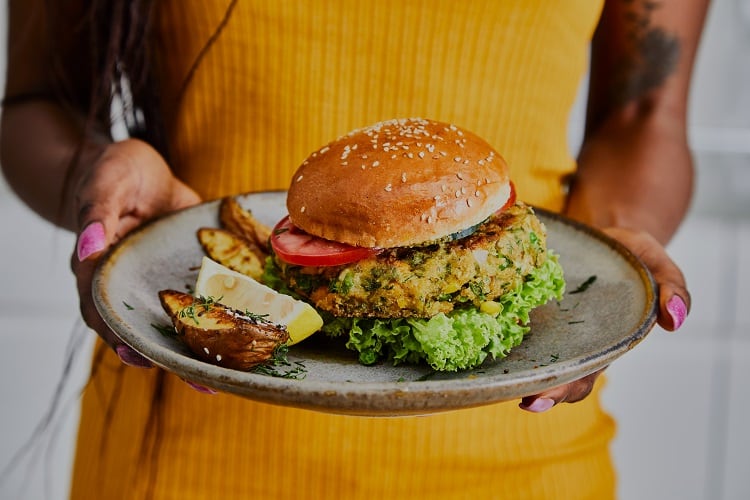
With many consumers classing plant-based meats as ultra-processed, the race is on for manufacturers to ‘clean up’ labels.
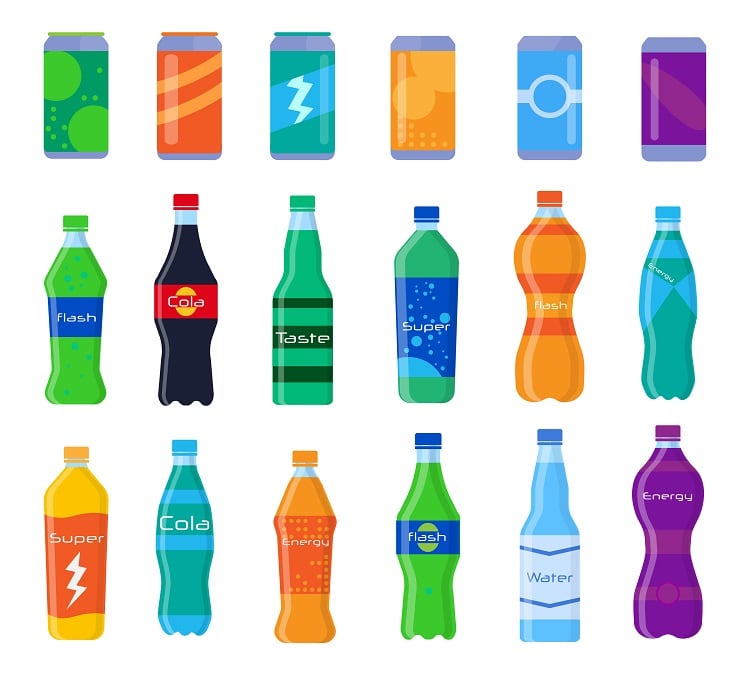
Without artificial additives, ensuring that products have a long shelf-life is more challenging.
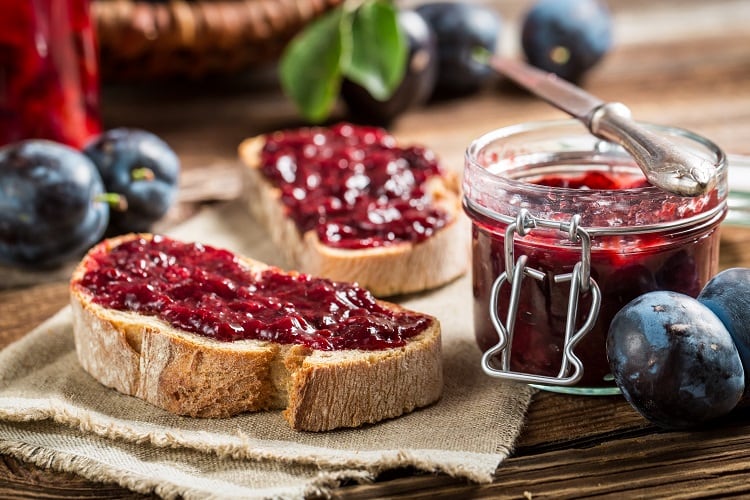
At the Bread and Jam festival in London last week, we saw a range of start-ups try to plug perceived gaps in the market, in ingredients, cheese and alcoholic drinks.

Why ready meals, takeaways and eating out, trump home cooking for consumers.
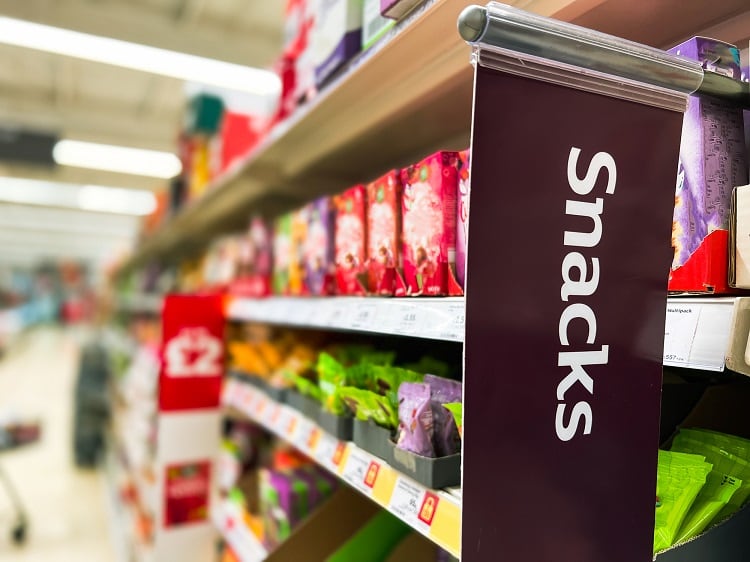
What’s the one key trend in the better-for-you snacks category? We put the question to Mondelēz, Nestlé, Ferrero, and Mars.

Consumers have consistently been shown not to understand what the term ‘ultra-processed’ means. But how much does this matter?

The wellness industry is booming, with health and fitness trends becoming popular amongst consumers and profitable for brands. But do consumers trust the ‘better-for-you’ marketing printed on the products they buy?
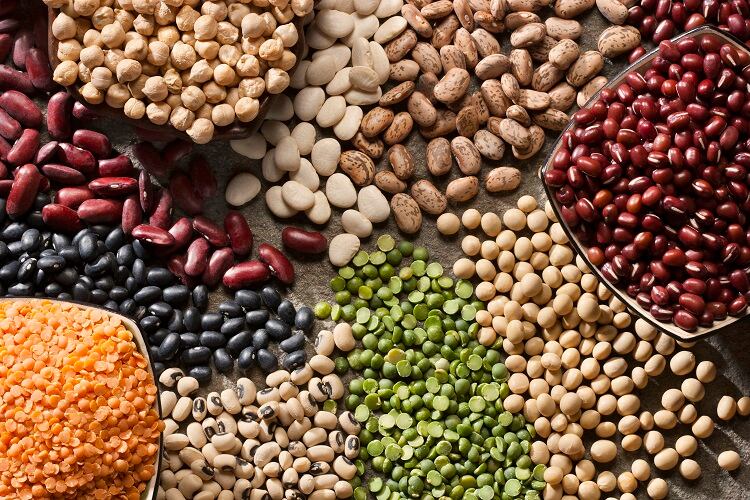
Researchers are looking beyond soy and oat for plant-based dairy innovation. Which ingredients are being put under the microscope?
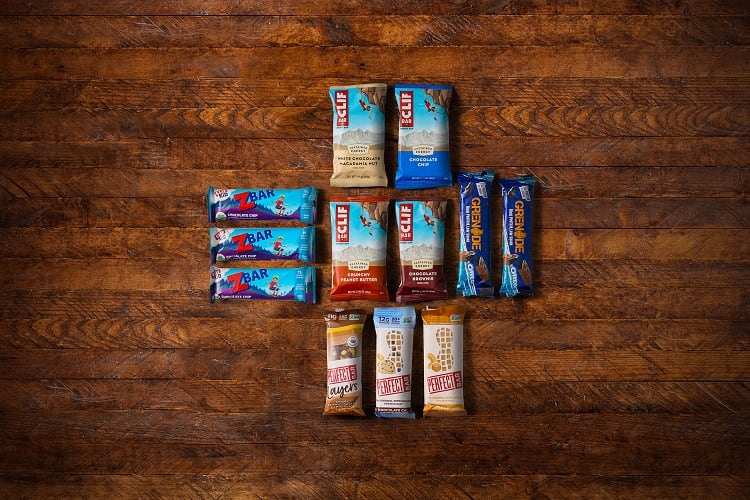
When Mondelēz International searches externally for savoury snack and confectionery innovation, what kinds of start-ups is it looking for?
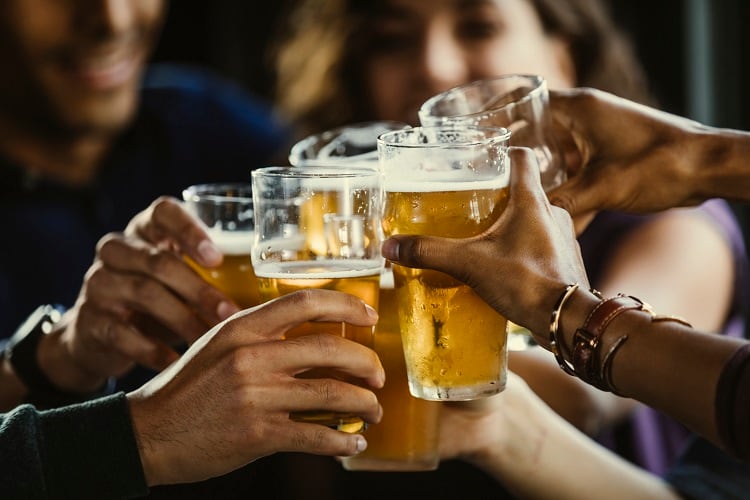
Social stigma continues to plague the non-alcoholic beer category, according to AB InBev. How is the world’s largest brewer working to overcome this hurdle?

How has non-alcohol brewing evolved over time? The world’s largest brewery reveals how it develops body and aroma in 0.0% beer.

How will the merger between Chr Hansen and Novozymes impact their now joint food and beverage division?
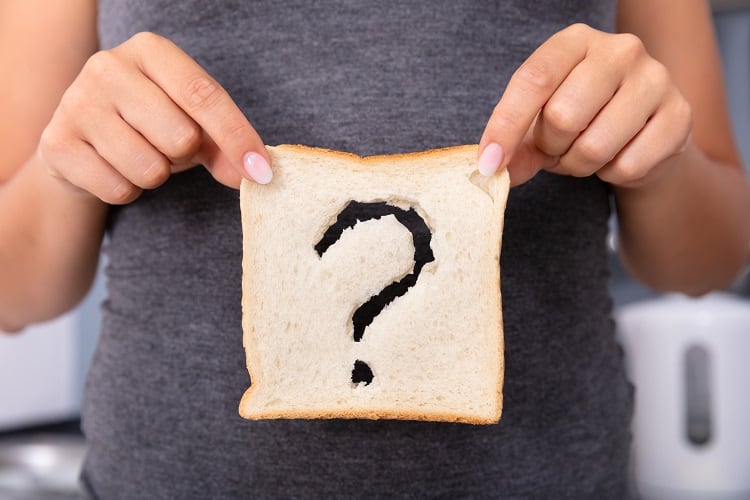
Ultra-processed food is making headlines. In our rolling coverage of UPF, we unpack the good, the bad, and the confusion around this classification of products. Here’s the latest…
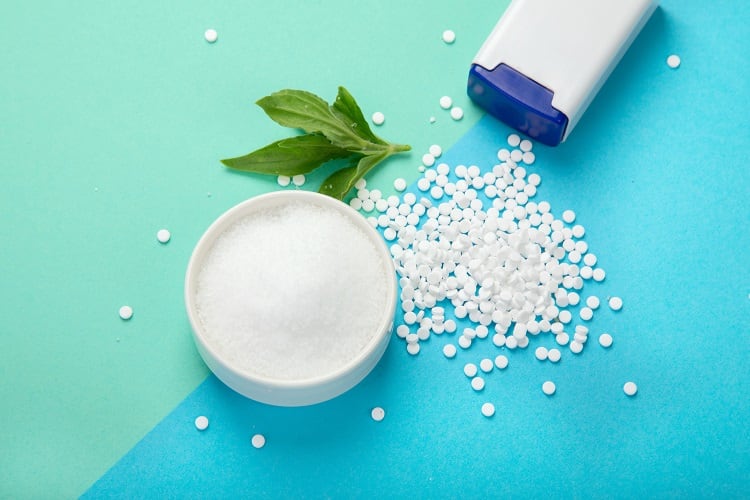
This is the question posed by researchers, who also wanted to find out whether swapping out sugar for artificial and natural sweeteners reduces blood sugar levels.

Scientists believe they’ve found an organic solution to chemical pesticides

From burgers to fries, the QSR major is cutting calories from menus in the UK and Ireland. Which reformulation strategies are at play?

As demand for collagen ‘surges’, will its animal-free alternative edge further into food and drink?

In fact, none of the 1,297 complementary foods tested from six companies were up to scratch, according to the Access to Nutrition Initiative. The food makers disagree.